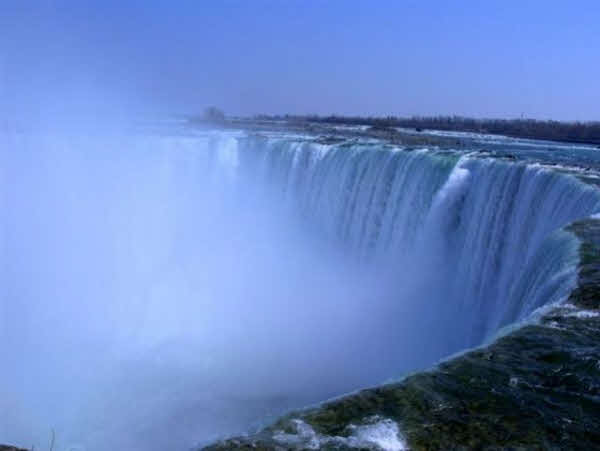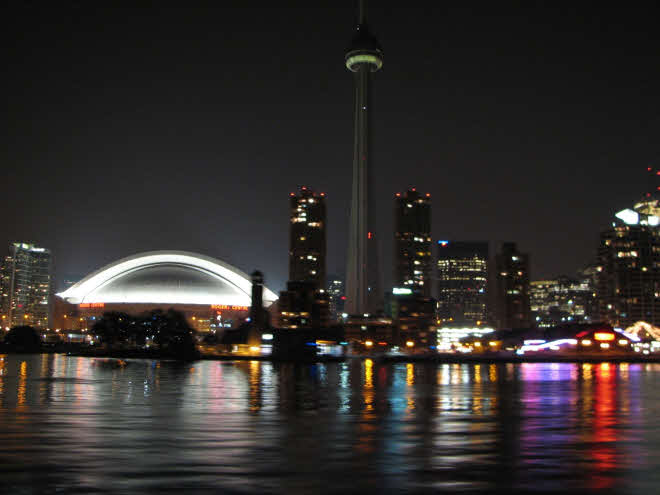This being one of the Best Places in the World to Live and work it has a host of Opportunities

Canada has ranked as one of the top ten places to live in the world since 1994 according to the United Nations (UN) and the Economist Intelligence Unit.
In the UN survey Canada earned particularly high marks for its access to education, high life expectancy (due to universal health care system); and low crime and violence rates. In addition, Canada’s largest cities — Vancouver, Toronto and Montreal — have been recognized as world class cities in which to live and work, for their cleanliness and safety and for their cultural activities and attractive lifestyles, these cities have there unique advantages as cities.
Canadians enjoy a standard of living among the highest in the world. Almost 70 per cent of Canadians own their own homes, with a higher percentage owning durable goods, such as automobiles, refrigerators, washing machines, television, telephones and radios. Canada also has an extensive health care system.
Canada has traditionally been a country of immigrants and has a policy of encouraging multicultural diversity. In this vibrant setting, different perspectives are respected and learning together is encouraged.
Almost all of the world’s ethnic groups are represented in Canada. As a result, most ethnic foods and recreational activities associated with specific cultures are available in Canada. Clubs, informal clubs and associations representing a multitude of ethnic backgrounds are also easily accessible. International student advisors at schools can help students get in touch with such groups, you may find almost all linguistic nationalities, cultures and streams of societies and cultures Living in Canada on the whole.
All major urban centers have a variety of shopping malls, restaurants, theatres, art galleries and museums. Canadian cities provide numerous parks, gardens and beaches for public use, as well as excellent sports and recreation facilities
A wide range of cultural activities is also available, including museums, galleries, live theatre, dance and music performances and concerts.

Canadians place a high value on their natural environment. There are currently 42 national parks and national park reserves in Canada. National parks are located in every province and territory, and some have been recognized as UNESCO World Heritage Sites. Each province and territory has also designated areas as provincial parks, wilderness areas, ecological and nature reserves. There are over 2000 of these designated areas across the country, which can be marked as a splendor or say marvel of nature.
Students who come to Canada will witness one of the most beautiful, natural environments in the world. Canada is also a country of diverse geography, and there is much to experience in its great outdoors: from the lush coastline of British Columbia, the majestic Rocky Mountains of Alberta, the big skies of the prairies, to the ‘maple sugar country’ in the Great Lakes and St. Lawrence and the rugged hills and picturesque coastline of the Atlantic provinces.
Canadians place great importance on learning, and have developed a first-rate education system with high standards. The country spends more on education (as a percentage of GDP) compared to the OECD average, and is the second highest among G-8 countries
Canadian teenagers consistently rank among the best in the world on international tests of reading, science and math – a testament to the outstanding quality of Canadian schools. A Canadian degree, diploma or certificate is well regarded in business, government and academic circles around the globe.

International students who come to Canada should follow the same common sense safety precautions as they would anywhere in the world. Students can contact any Can-Asia Centre to learn more about personal safety, or attend a safety orientation session at their school upon their arrival in Canada
The education system in Canada encompasses both publicly-funded and private schools, including: community colleges/ technical institutes, career colleges, language schools, secondary schools, summer camps, universities and colleges the entire education system in Canada relies more on practical terminology than theoretical in nature which has proved to be a very efficient system of education.
Education is a provincial responsibility under the Canadian constitution, which means there are significant differences between the education systems of the different provinces.
